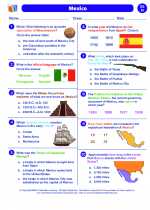What was the Warsaw Pact?
The Warsaw Pact was a collective defense treaty signed on May 14, 1955, by the Soviet Union and seven other Eastern European countries, including Poland, East Germany, Czechoslovakia, Hungary, Romania, Bulgaria, and Albania. The pact was a response to the establishment of NATO and served as a military alliance to counter the influence of the Western powers.
Why was the Warsaw Pact formed?
The Warsaw Pact was formed as a response to the establishment of NATO, which was seen as a threat to the Soviet Union and its interests in Eastern Europe. The pact was aimed at creating a unified military force among the communist countries to deter potential aggression from the West and to maintain Soviet control over its satellite states.
What was the significance of the Warsaw Pact?
The Warsaw Pact was significant in the context of the Cold War as it solidified the division of Europe into two opposing blocs: the NATO countries in the West and the Warsaw Pact countries in the East. It also served as a means for the Soviet Union to exert its influence over the Eastern European countries and maintain a strategic military presence in the region.
How did the Warsaw Pact end?
The Warsaw Pact officially ended on July 1, 1991, as a result of the political changes and upheavals that occurred in Eastern Europe following the collapse of the Soviet Union. The dissolution of the Soviet Union and the subsequent independence of its former satellite states led to the disintegration of the Warsaw Pact, marking the end of the Cold War era.
.◂Social Studies Worksheets and Study Guides Eighth Grade. Mexico
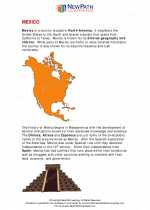
 Worksheet/Answer key
Worksheet/Answer key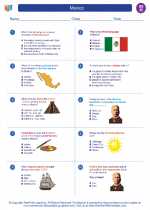
 Worksheet/Answer key
Worksheet/Answer key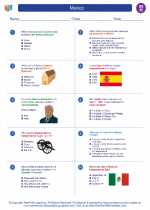
 Worksheet/Answer key
Worksheet/Answer key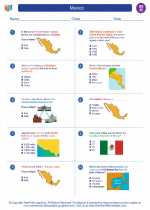
 Worksheet/Answer key
Worksheet/Answer key